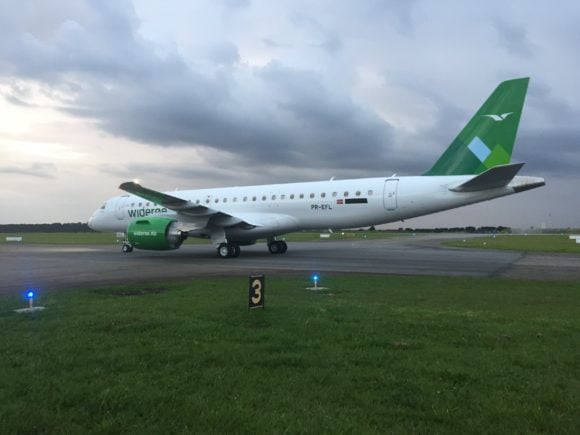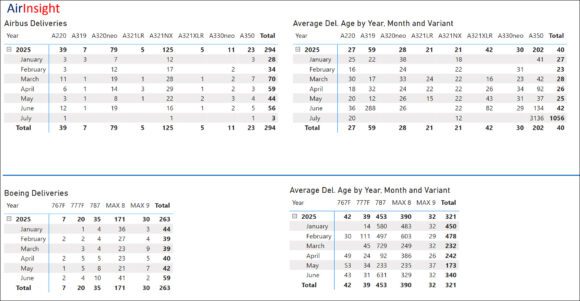Embraer announced its second-quarter earnings today, and results were weak but in line with expectations given the transition in production from the E190 and E195 to the new E190-E2 and E195-E2 that occurred this quarter.

Deliveries for both commercial and business jets were down in the second quarter from 2017 levels, with 28 commercial aircraft delivered versus 35 last year, and 20 executive jets delivered compared with 24 last year. The drop in commercial aircraft was expected, given the model transition to the E2 jets family. The drop in executive jet deliveries was a disappointment. Second quarter revenues decreased from $1.771 billion on 2017 to $1.256 billion in 2018.
A non-recurring item, related to the total loss of a prototype KC-390 tanker aircraft, resulted in one time charges of $127.2 million, which took earnings negative in the second quarter.

Excluding this special item, EBITDA dropped to $44.1 million from $253.3 million in the same quarter last year, with EBITDA margins dropping from 14.6% last year to 3.6% in the second quarter of 2018. Nonetheless, Embraer’s cash position remains quite strong, and the backlog is growing. The company generated significant additional backlog at the Farnborough Air Show in July, which nearly doubled the existing commercial aviation backlog from the 360 at the end of the second quarter with 300 additional commitments.
One of the more interesting discussions in the earnings call centered about the agreement with Boeing. The parties, which initially expected an agreement by the end of 2018 now do not expect the transaction to close until late 2019. There are several challenges to the transaction pending, and with elections coming up that will bring in a new Brazilian President, this may become a political issue. Since the Brazilian government holds a “golden share” with veto power over any transaction, there is no assurance that future politicians will behave in the same manner as current politicians.
The pushback for completion of the deal by nearly a year is somewhat alarming, as we know several analysts who are not considering the MOU a firm deal as yet, maintaining separate coverage of the companies. This added uncertainty cannot be helpful to Embraer as it competes with the Airbus A220 (nee CSeries) in the commercial market.
The Bottom Line
While Embraer’s results were not stellar, neither were expectations, as the transition from EJets to E2 Jets production was anticipated. The strong commitments at Farnborough provide renewed confidence, despite a delay in the proposed Boeing transaction. But uncertainty over the Boeing transaction will be hanging over Embraer for another year until the transaction is completed, and likely result in a “wait an see” attitude by some potential customers.
Views: 0



